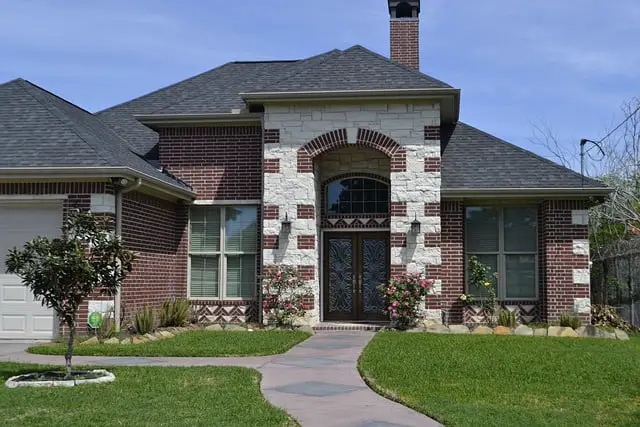
How to Manage Construction Costs in Real Estate Development
Real estate development is a complex process that involves many moving parts, including construction costs. Managing these costs is crucial to the success of any real estate project. In this article, we will explore some tips and strategies for managing construction costs in real estate development.
What are Construction Costs?
Construction costs refer to the expenses associated with building a structure, including materials, labor, and equipment. These costs can vary widely depending on the type of project, location, and other factors. For example, building a high-rise in a major city will likely be more expensive than constructing a single-family home in a rural area.
Strategies for Managing Construction Costs
1. Plan Ahead: One of the most effective ways to manage construction costs is to plan ahead. This means creating a detailed budget and timeline for the project, as well as identifying potential cost-saving measures. For example, using energy-efficient materials or designing the building to maximize natural light can help reduce long-term operating costs.
2. Hire a Qualified Contractor: Choosing the right contractor is critical to managing construction costs. Look for a contractor with a proven track record of completing projects on time and within budget. Be sure to get multiple bids and compare them carefully to ensure you are getting the best value for your money.
3. Use Technology: Technology can be a powerful tool for managing construction costs. For example, using Building Information Modeling (BIM) software can help identify potential cost savings and reduce waste. Similarly, using drones to survey the construction site can help identify potential issues before they become costly problems.
4. Monitor Progress: Regularly monitoring the progress of the project can help identify potential cost overruns early on. This allows you to take corrective action before the problem becomes too big to manage. Be sure to track expenses carefully and compare them to the budget regularly.
5. Be Flexible: Finally, it is important to be flexible when managing construction costs. Unexpected issues can arise during the construction process, and it is important to be able to adapt to these changes. This may mean adjusting the budget or timeline, or finding creative solutions to unexpected problems.
FAQs
Q: What are some common cost-saving measures in real estate development?
A: There are many cost-saving measures that can be used in real estate development, including using energy-efficient materials, designing the building to maximize natural light, and using technology to identify potential cost savings.
Q: How can I choose the right contractor for my real estate project?
A: When choosing a contractor, look for a company with a proven track record of completing projects on time and within budget. Be sure to get multiple bids and compare them carefully to ensure you are getting the best value for your money.
Q: What should I do if I encounter unexpected issues during the construction process?
A: It is important to be flexible when managing construction costs. This may mean adjusting the budget or timeline, or finding creative solutions to unexpected problems.
Conclusion
Managing construction costs is a critical part of real estate development. By planning ahead, hiring a qualified contractor, using technology, monitoring progress, and being flexible, you can help ensure that your project stays on budget and on schedule. Remember to always be proactive in identifying potential cost-saving measures and adapting to unexpected issues. With these strategies in mind, you can successfully manage construction costs and achieve your real estate development goals.